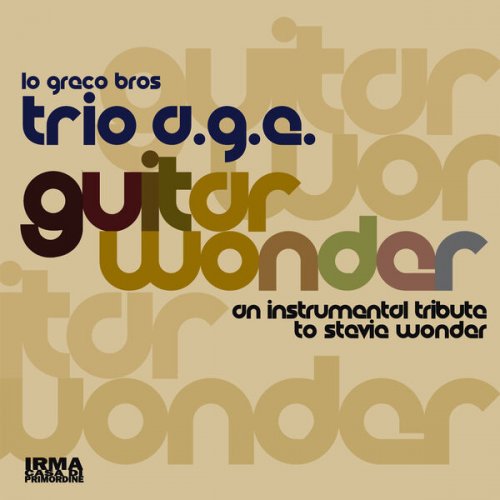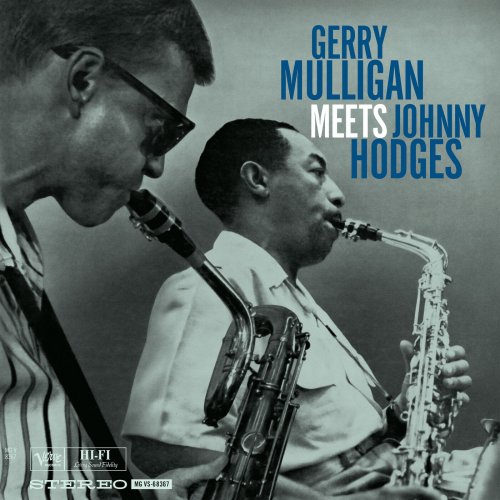The Aeolian String Quartet - Haydn: Complete String Quartets (22 CD) (2009)
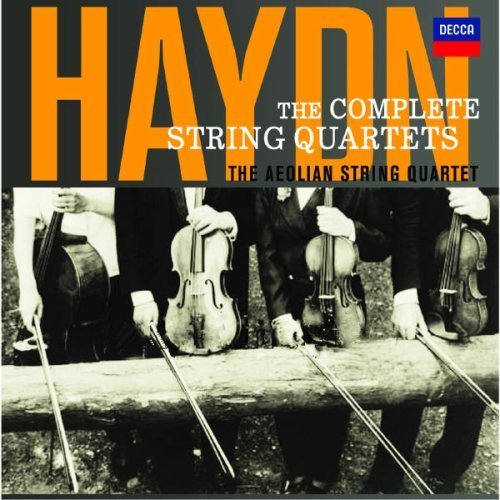
Artist: The Aeolian String Quartet
Title: Haydn: Complete String Quartets
Year Of Release: 2009
Label: Decca
Genre: Classical
Quality: FLAC (image+.cue,log)
Total Time: 24:37:44
Total Size: 6,85 Gb
WebSite: Album Preview
Tracklist: Title: Haydn: Complete String Quartets
Year Of Release: 2009
Label: Decca
Genre: Classical
Quality: FLAC (image+.cue,log)
Total Time: 24:37:44
Total Size: 6,85 Gb
WebSite: Album Preview
Performers:
The Aeolian String Quartet:
Emanuel Hurwitz & Raymond Keenlyside, violins
Margaret Major, viola
Derek Simpson, cello
Haydn's String Quartets constitute one of the most remarkable bodies of work by any great composer. Listening sequentially from one CD to the next, one can trace Haydn's development from late-baroque/ galant sensibilities to the concise, witty and (in slow movements), deeply reflective classical style of his later years.
To date there have been a surprising number of "complete" Haydn Quartet cycles on record--from the "classic" Tatrai Quartet edition to the recent period-instrument traversal by the Mosaiques Quaret. Along the way, the Kodaly Quartet on Naxos and the Angeles Quartet on Phillips have made their contributions as well. An embarrassment of riches--though no single survey of this vast output will prove entirely satisfactory, given the stylistic differences that prevail over the long haul of Haydn's String Quaret ouvre.
The Aeolian Quartet was assembled by English Decca for this mammoth project in the early 1970's. Under the leadership of Emmanuel Hurwitz,what was initially something of an "ad hoc" group developed into a cohesive ensemble with distinct interpretive priorities. Those priorities include, on the positive side, an incisive, occasionally brusque manner that conveys the intellectual vigor and wit of Haydn's inexhaustible invention with great élan and a minimum of fuss. One is also impressed by their searching, meditative approach to the many exalted slow movements one finds in every opus grouping. On the other hand, the Aeolians are definitely a leader-oriented ensemble, so that the first violin tends to dominate the texture even in the later quartets, where Haydn clearly was moving toward complete equality of voices. Nor will Hurwitz's liberal vibrato and somewhat overbearing tone appeal to all tastes. Despite these shortcomings, this ensemble gets to the heart of the matter more often than not. Their choice of tempi is unfailingly apt, their rhythms fetchingly sprung, and their grasp of long-term musical structures compellingly cogent. The Aeolians are therefore to be preferred, in my estimation, to the Angeles Quartet's bland homogeneity as well as the disconcertingly inconsistent Kodaly Quartet (brilliant in Op. 76, stolid and pedantic in Op. 20 and elsewhere). The considerable efforts of the Tátrai--still the most probing of all ensembles in this repertoire-- are undermined by one-dimensional, and occasionally harsh sonics. Nor is the dry and, at times, aggressive sound on the Aeolian's recordings entirely pleasing.
So you were expecting the best of all possible worlds? Hardly, though the Aeolian Quartet's cycle is probably still the best from an interpretive point of view (among modern-instrument ensembles, that is), despite the leader's occasional vagaries of tone and intonation, and the less than ideally pleasing sonics. I encourage Haydn aficionados to to consider this set, which is unquestionably a bargain (and has better documentation than Decca's recently reissued Dorati cycle of Haydn Symphonies). If period instruments are required, then do conisder the superb Mosaiques Quaret's series, which is available in opus-specific installments.
To date there have been a surprising number of "complete" Haydn Quartet cycles on record--from the "classic" Tatrai Quartet edition to the recent period-instrument traversal by the Mosaiques Quaret. Along the way, the Kodaly Quartet on Naxos and the Angeles Quartet on Phillips have made their contributions as well. An embarrassment of riches--though no single survey of this vast output will prove entirely satisfactory, given the stylistic differences that prevail over the long haul of Haydn's String Quaret ouvre.
The Aeolian Quartet was assembled by English Decca for this mammoth project in the early 1970's. Under the leadership of Emmanuel Hurwitz,what was initially something of an "ad hoc" group developed into a cohesive ensemble with distinct interpretive priorities. Those priorities include, on the positive side, an incisive, occasionally brusque manner that conveys the intellectual vigor and wit of Haydn's inexhaustible invention with great élan and a minimum of fuss. One is also impressed by their searching, meditative approach to the many exalted slow movements one finds in every opus grouping. On the other hand, the Aeolians are definitely a leader-oriented ensemble, so that the first violin tends to dominate the texture even in the later quartets, where Haydn clearly was moving toward complete equality of voices. Nor will Hurwitz's liberal vibrato and somewhat overbearing tone appeal to all tastes. Despite these shortcomings, this ensemble gets to the heart of the matter more often than not. Their choice of tempi is unfailingly apt, their rhythms fetchingly sprung, and their grasp of long-term musical structures compellingly cogent. The Aeolians are therefore to be preferred, in my estimation, to the Angeles Quartet's bland homogeneity as well as the disconcertingly inconsistent Kodaly Quartet (brilliant in Op. 76, stolid and pedantic in Op. 20 and elsewhere). The considerable efforts of the Tátrai--still the most probing of all ensembles in this repertoire-- are undermined by one-dimensional, and occasionally harsh sonics. Nor is the dry and, at times, aggressive sound on the Aeolian's recordings entirely pleasing.
So you were expecting the best of all possible worlds? Hardly, though the Aeolian Quartet's cycle is probably still the best from an interpretive point of view (among modern-instrument ensembles, that is), despite the leader's occasional vagaries of tone and intonation, and the less than ideally pleasing sonics. I encourage Haydn aficionados to to consider this set, which is unquestionably a bargain (and has better documentation than Decca's recently reissued Dorati cycle of Haydn Symphonies). If period instruments are required, then do conisder the superb Mosaiques Quaret's series, which is available in opus-specific installments.
DOWNLOAD FROM ISRA.CLOUD
CD1 Haydn Complete String Quartets 09 2307.rar - 355.2 MB
CD2 Haydn Complete String Quartets 09 2307.rar - 321.4 MB
CD3 Haydn Complete String Quartets 09 2307.rar - 321.5 MB
CD4 Haydn Complete String Quartets 09 2307.rar - 325.4 MB
CD5 Haydn Complete String Quartets 09 2307.rar - 320.8 MB
CD6 Haydn Complete String Quartets 09 2307.rar - 411.4 MB
CD7 Haydn Complete String Quartets 09 2307.rar - 325.7 MB
CD8 Haydn Complete String Quartets 09 2307.rar - 350.2 MB
CD9 Haydn Complete String Quartets 09 2307.rar - 330.1 MB
CD10 Haydn Complete String Quartets 09 2307.rar - 386.5 MB
CD11 Haydn Complete String Quartets 09 2307.rar - 386.0 MB
CD12 Haydn Complete String Quartets 09 2307.rar - 340.7 MB
CD13 Haydn Complete String Quartets 09 2307.rar - 328.3 MB
CD14 Haydn Complete String Quartets 09 2307.rar - 313.2 MB
CD15 Haydn Complete String Quartets 09 2307.rar - 357.3 MB
CD16 Haydn Complete String Quartets 09 2307.rar - 401.0 MB
CD17 Haydn Complete String Quartets 09 2307.rar - 284.4 MB
CD18 Haydn Complete String Quartets 09 2307.rar - 342.3 MB
CD19 Haydn Complete String Quartets 09 2307.rar - 384.9 MB
CD20 Haydn Complete String Quartets 09 2307.rar - 386.1 MB
CD21 Haydn Complete String Quartets 09 2307.rar - 411.5 MB
CD22 Haydn Complete String Quartets 09 2307.rar - 347.1 MB
CD1 Haydn Complete String Quartets 09 2307.rar - 355.2 MB
CD2 Haydn Complete String Quartets 09 2307.rar - 321.4 MB
CD3 Haydn Complete String Quartets 09 2307.rar - 321.5 MB
CD4 Haydn Complete String Quartets 09 2307.rar - 325.4 MB
CD5 Haydn Complete String Quartets 09 2307.rar - 320.8 MB
CD6 Haydn Complete String Quartets 09 2307.rar - 411.4 MB
CD7 Haydn Complete String Quartets 09 2307.rar - 325.7 MB
CD8 Haydn Complete String Quartets 09 2307.rar - 350.2 MB
CD9 Haydn Complete String Quartets 09 2307.rar - 330.1 MB
CD10 Haydn Complete String Quartets 09 2307.rar - 386.5 MB
CD11 Haydn Complete String Quartets 09 2307.rar - 386.0 MB
CD12 Haydn Complete String Quartets 09 2307.rar - 340.7 MB
CD13 Haydn Complete String Quartets 09 2307.rar - 328.3 MB
CD14 Haydn Complete String Quartets 09 2307.rar - 313.2 MB
CD15 Haydn Complete String Quartets 09 2307.rar - 357.3 MB
CD16 Haydn Complete String Quartets 09 2307.rar - 401.0 MB
CD17 Haydn Complete String Quartets 09 2307.rar - 284.4 MB
CD18 Haydn Complete String Quartets 09 2307.rar - 342.3 MB
CD19 Haydn Complete String Quartets 09 2307.rar - 384.9 MB
CD20 Haydn Complete String Quartets 09 2307.rar - 386.1 MB
CD21 Haydn Complete String Quartets 09 2307.rar - 411.5 MB
CD22 Haydn Complete String Quartets 09 2307.rar - 347.1 MB
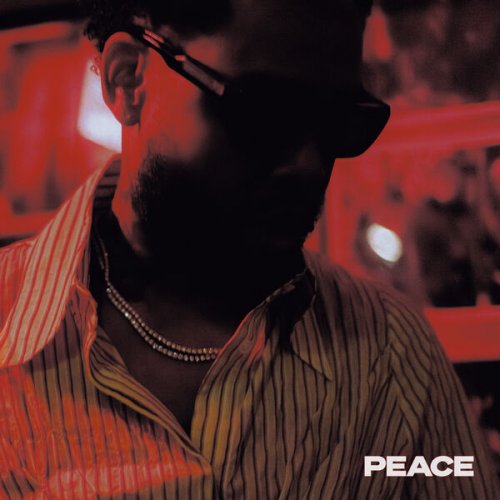
![AKU! - SHI 匹 死 (2026) [Hi-Res] AKU! - SHI 匹 死 (2026) [Hi-Res]](https://img.israbox.com/img/2026-02/14/jcbrzjzstl2k3pfymuh3dzwnp.jpg)
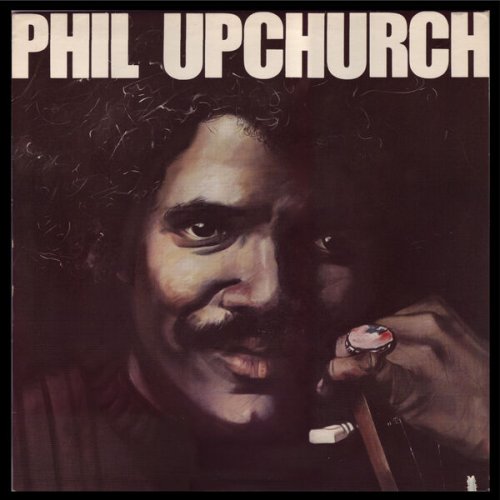
![Martin Fabricius & Chris Lavender - The Speed of Why (2010) [Hi-Res] Martin Fabricius & Chris Lavender - The Speed of Why (2010) [Hi-Res]](https://www.dibpic.com/uploads/posts/2026-02/1771254824_cover.jpg)
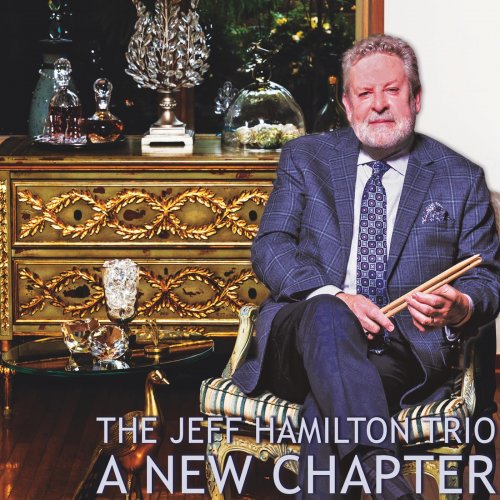
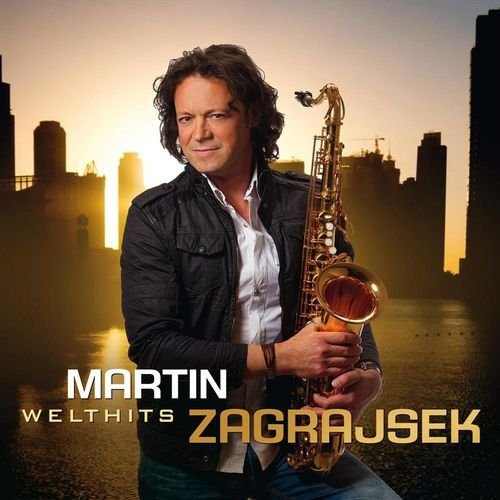
![Jay Cinema - A Smile to a Tear (2025) [Hi-Res] Jay Cinema - A Smile to a Tear (2025) [Hi-Res]](https://img.israbox.com/img/2026-02/15/3den0r6ij0gj805kc59em92op.jpg)
